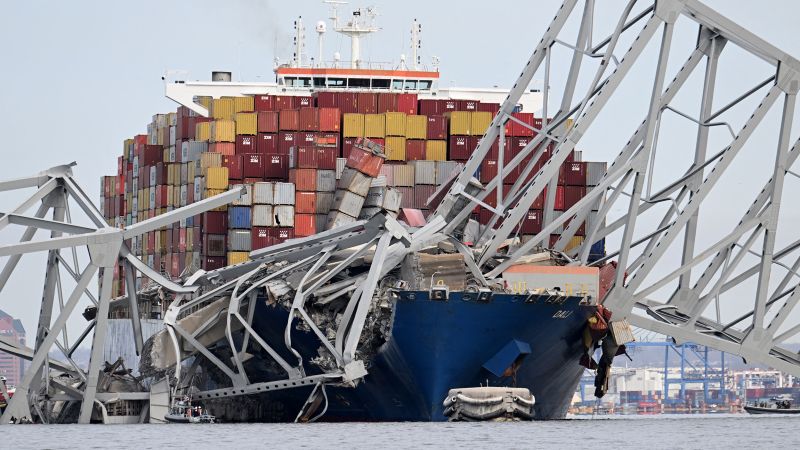The collapse of the Francis Scott Key Bridge in Baltimore generated wild conspiracy theories online, ranging from cyber-attacks to involvement from Israel or the Obamas. Despite officials confirming that there was no indication of deliberate action, misinformation spread rapidly on social media platforms. This incident highlights the erosion of trust in institutions and the lack of fact-checking on social media. It also serves as a warning for how election conspiracies may emerge in the future.
Online provocateurs like Andrew Tate and Alex Jones fueled the spread of false information about the bridge collapse, with Tate suggesting a cyber-attack and Jones claiming it was deliberate. Social media platforms like X have struggled to fact-check such claims, allowing misinformation to thrive. Conspiracy theories regarding the collapse were amplified, creating an alternate reality detached from facts.
The tragic bridge collapse became a platform for political posturing, with some suggesting Diversity, Equity, and Inclusion policies were linked to the incident. Despite the lack of evidence to support these claims, they generated engagement on social media. Misinformation and disinformation have become normalized, shaping the worldviews of millions of Americans through daily false claims.
Conspiracy theories continued to circulate as news unfolded, with baseless claims implicating Israel or the Obamas in the bridge collapse. Public figures like David Simon and Marjorie Taylor Greene engaged in fact-checking and speculation about the incident, showcasing the spread of misinformation even among prominent figures. The prevalence of conspiracy theories, no matter how ridiculous, underscores the impact of false information on societal beliefs.
The collapse of the Francis Scott Key Bridge in Baltimore serves as a stark example of the dangerous consequences of misinformation on social media. The incident highlights the challenges of combating false claims and the need for more robust fact-checking mechanisms. As conspiracy theories become more prevalent in public discourse, it is essential for individuals to critically evaluate the information they encounter and prioritize facts over speculation. Ultimately, the spread of misinformation online poses a significant threat to public trust and societal cohesion.















